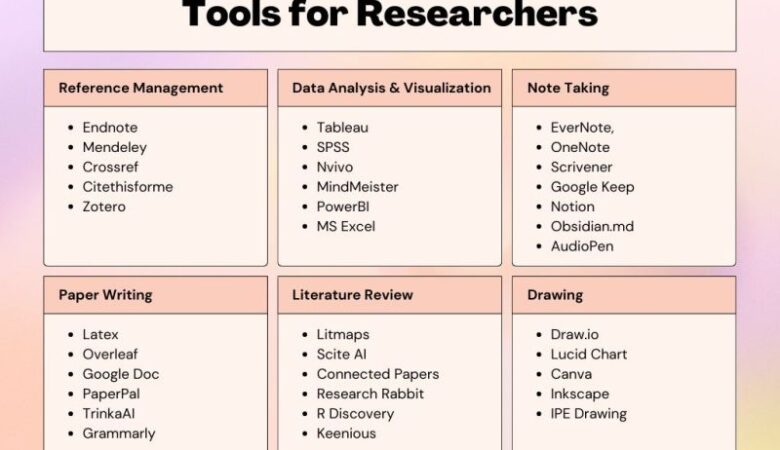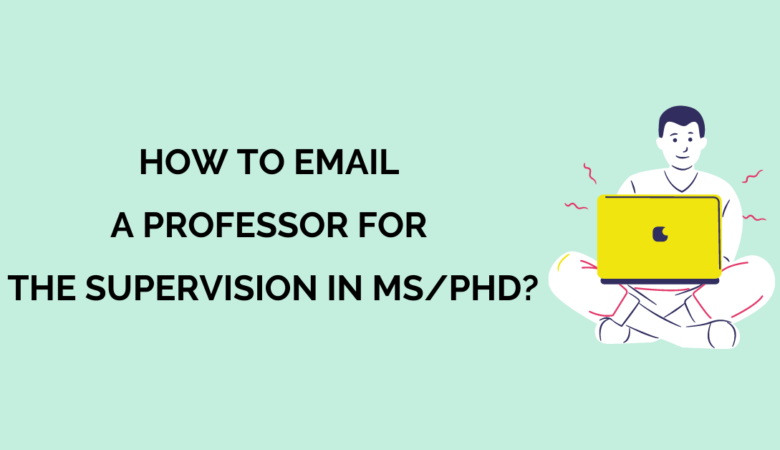A research proposal is a document that outlines the proposed research project, including its objectives, methodology, and expected outcomes. It is an essential step for graduate students who are planning to undertake research projects, as it helps them to clarify their research goals, identify potential problems, and demonstrate the feasibility of their research plan.
In this blog post, we will provide a step-by-step guide on how to write a research proposal for graduate students. We will cover the essential elements of a research proposal, provide writing tips, discuss common mistakes to avoid, and offer some final tips for success.
By the end of this post, you should have a better understanding of how to write a compelling research proposal that will impress your professors and potential funders.
Also Check: Monbukagakusho MEXT Japanese Government Scholarship 2023 (Fully Funded)
How to Write a Research Proposal for Graduate Students
Elements of a Research Proposal
A well-written research proposal should include the following elements:
Title: The title should be concise, descriptive, and catchy, capturing the essence of the research project.
Abstract: The abstract is a brief summary of the research project, highlighting the key aspects of the proposal, such as the research questions, methodology, and expected outcomes.
Introduction: The introduction should provide an overview of the research project, including the background, context, and rationale for the study. It should also state the research questions or hypotheses that the project aims to address.
Literature Review: The literature review is a critical analysis of the existing literature on the research topic, providing a summary of the relevant theories, concepts, and empirical studies that inform the research project.
Research Questions/Hypotheses: The research questions or hypotheses should be clear, specific, and testable, and should address the research gap identified in the literature review.
Methodology: The methodology should provide a detailed description of the research design, data collection and analysis methods, and ethical considerations. It should also explain how the research questions or hypotheses will be addressed.
Expected Outcomes: The expected outcomes should describe the potential contributions of the research project, including the practical, theoretical, and methodological implications.
Significance/Implications: The significance or implications of the research project should be explained, highlighting its potential impact on the field, society, or policy.
Writing Tips for Research Proposal
Be clear and concise: Use clear and simple language to convey your ideas and avoid unnecessary details that can confuse the reader. Be concise and to the point, without sacrificing clarity.
Follow formatting guidelines: Follow the formatting guidelines provided by your university or funding agency, including font size, margins, line spacing, and citation style. Adhering to formatting guidelines demonstrates attention to detail and professionalism.
Use a formal writing style: Use a formal writing style, free from colloquialisms, contractions, and slang. The tone of your writing should be professional and objective.
Avoid jargon and acronyms: Avoid using technical terms, jargon, or acronyms that may not be familiar to your readers. If you must use specialized language, explain the terms clearly and concisely.
Use active voice: Use active voice to make your writing more engaging and effective. Active voice also helps to emphasize the importance of the subject and the agency of the researcher.
Edit and proofread carefully: Editing and proofreading are essential to ensure that your research proposal is free from errors, typos, and inconsistencies. Take the time to review your proposal carefully and ask a colleague or mentor to review it for you.
Also Check: Mitacs Globalink Research Canada Internship 2023 (Fully Funded)
Steps to Writing a Research Proposal
Here are the steps to writing a research proposal for graduate students:
Choose a research topic: Select a research topic that aligns with your research interests, career goals, and the research priorities of your field. Your topic should be original, feasible, and relevant to the field.
Conduct a literature review: Conduct a comprehensive literature review to identify the key issues, debates, and research gaps in your field. Your literature review should inform the research questions or hypotheses that you will address in your proposal.
Refine research questions/hypotheses: Refine your research questions or hypotheses based on your literature review, ensuring that they are clear, specific, and feasible. Your research questions or hypotheses should address the research gaps and contribute to the existing knowledge.
Develop a methodology: Develop a research design and methodology that aligns with your research questions or hypotheses. Your methodology should describe your data collection and analysis methods, sampling strategy, and ethical considerations.
Write the proposal sections: Write each section of your proposal, including the title, abstract, introduction, literature review, research questions/hypotheses, methodology, expected outcomes, and significance/implications. Ensure that each section is coherent, logical, and consistent with the formatting guidelines.
Edit and proofread the proposal: Review your proposal thoroughly, ensuring that it is free from errors, typos, and inconsistencies. Ask a colleague or mentor to review your proposal for feedback and suggestions for improvement.
By following these steps, you can develop a strong research proposal that demonstrates the feasibility, originality, and relevance of your research project.
Also Check: University of Pavia Scholarship in Italy 2024 (Fully Funded)
Common Mistakes to Avoid While Writing Research Proposal
Lack of clarity: Your research proposal should be clear and concise, free from ambiguity, and easy to understand. Avoid using complex language and technical jargon that may not be familiar to your readers.
Poor organization: Your proposal should be organized in a logical and coherent manner, with each section following a clear and concise structure. Ensure that your proposal has a clear introduction, literature review, research questions or hypotheses, methodology, and expected outcomes.
Insufficient literature review: Your literature review should be comprehensive and up-to-date, demonstrating a thorough understanding of the research gaps and debates in your field. A weak or incomplete literature review can undermine the credibility of your research proposal.
Overambitious research goals: Your research goals should be realistic and feasible, given the time and resources available to you. Avoid setting unrealistic expectations or overpromising what you can deliver.
Inadequate methodology: Your methodology should be clear, feasible, and appropriate for the research questions or hypotheses you are addressing. Ensure that your methodology includes a clear description of data collection and analysis methods, sampling strategy, and ethical considerations.
Incomplete citations and references: Your proposal should include complete and accurate citations and references for all sources used in your literature review and research design. Failure to provide proper citations and references can lead to accusations of plagiarism or research misconduct.
By avoiding these common mistakes, you can increase the chances of your research proposal being accepted and funded, and demonstrate your ability to conduct high-quality research in your field.
Conclusion
Writing a research proposal for graduate students is an essential step in conducting high-quality research in your field. A well-written research proposal should include elements such as a clear research question or hypothesis, a comprehensive literature review, appropriate methodology, and expected outcomes.
Writing a research proposal can be a challenging task, but it is also a rewarding one. By writing a research proposal, you can develop your research skills, contribute to the knowledge in your field, and increase your chances of being accepted into graduate programs or securing research funding.
To write a successful research proposal, it is important to be clear and concise, follow formatting guidelines, use a formal writing style, avoid jargon and acronyms, use active voice, and edit and proofread your proposal carefully. You should also choose a research topic that aligns with your research interests and career goals, conduct a comprehensive literature review, refine your research questions or hypotheses, develop a feasible methodology, and avoid common mistakes such as lack of clarity, poor organization, and insufficient literature review.
By following these tips, you can write a compelling research proposal that demonstrates the originality, relevance, and feasibility of your research project. Good luck!
Please Subscribe to Our Telegram Channel And WhatsApp Channel To Get The Latest Scholarship Updates.
Please Check Out Our LinkedIn Company Page And LinkedIn Group And Get All the Latest Scholarships Updates.
Also Check: Silesian University of Technology Scholarship in Poland 2024 (Fully Funded)







I wish to attend this course.
I am interested in pursuing a PhD in the fields of Chemical, Process, Environmental, and Materials Engineering
I am interested in pursuing a PhD in the fields of Chemical, Process, Environmental, and Materials Engineering.
Of course i interest
Of course i interest